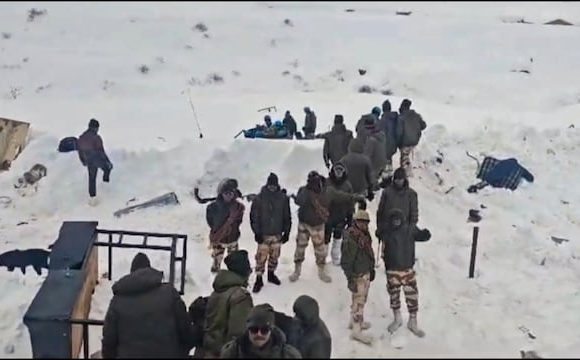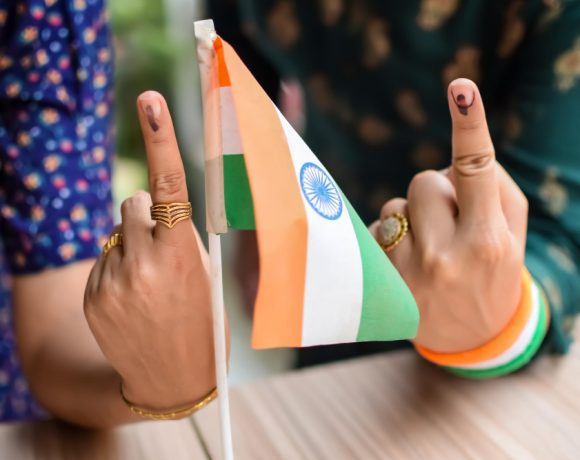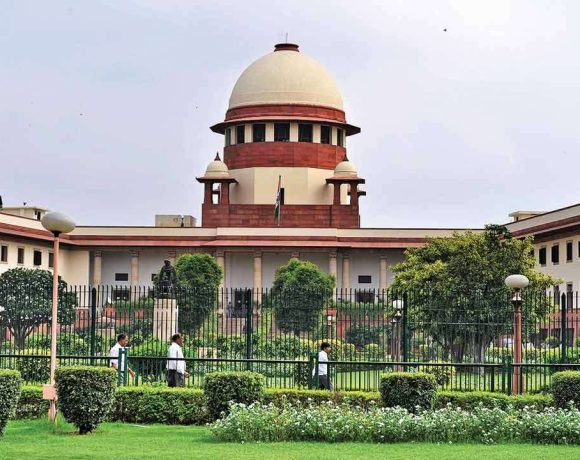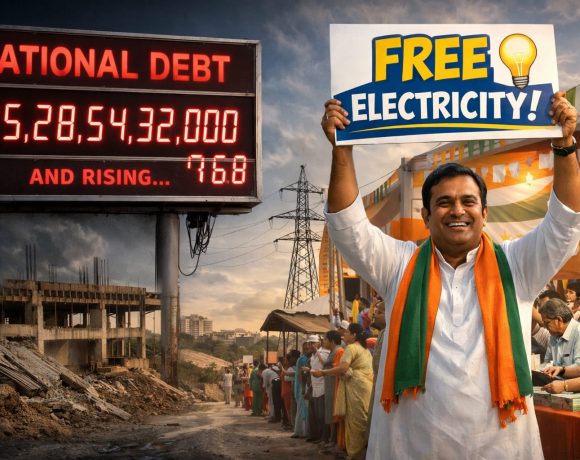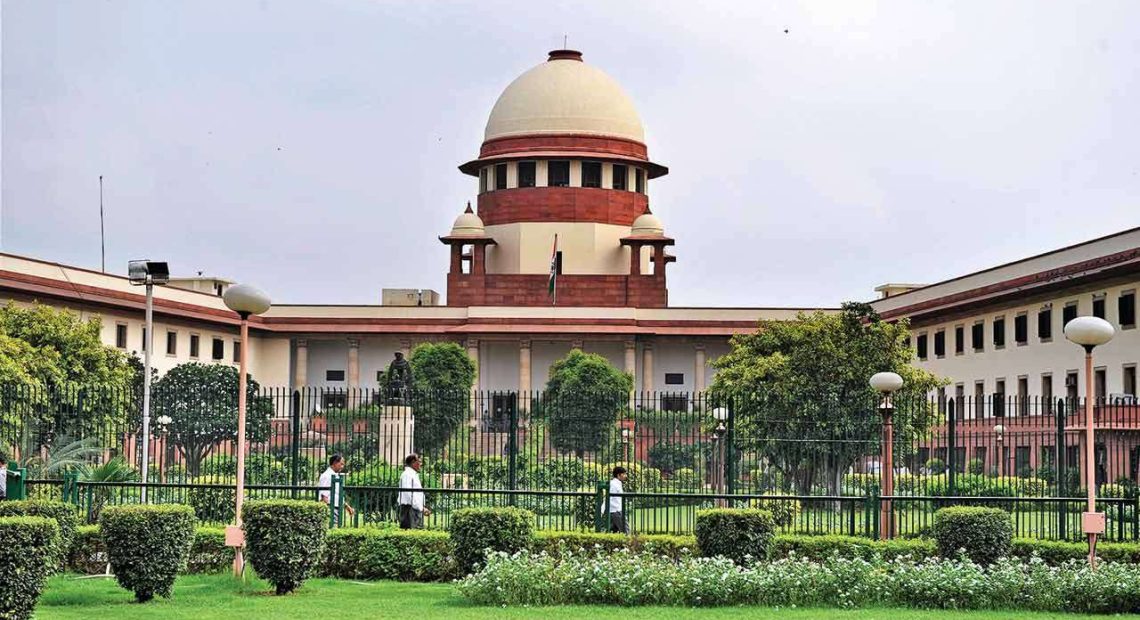
Supreme Court to Hear Challenge Against Bihar Voter List Revision on July 10
The Supreme Court will hear a set of petitions on July 10 challenging the Election Commission’s special drive to revise electoral rolls in Bihar ahead of the upcoming state elections. The petitions have been filed by a coalition of opposition MPs, civil society groups, and activists who argue that the revision process is flawed, exclusionary, and risks disenfranchising millions of voters.
Mass Deletion Fears and Tight Deadline Spark Legal Action
At the heart of the controversy is the Election Commission’s “Special Intensive Revision” (SIR) exercise, which requires over 4 crore voters—nearly half of Bihar’s electorate—to submit additional documentation by July 25. Petitioners argue that this deadline is unreasonably tight and that many voters, especially in rural and migrant populations, may not be able to comply in time. The process excludes the use of widely available identification such as Aadhaar, ration cards, and MNREGA job cards, which further complicates matters.
Migrants, Elderly, and Marginalized at Risk of Being Dropped
The petitioners, including MPs from Congress, RJD, JD(U), Trinamool, and others, say that the revision disproportionately affects the poor, elderly, and seasonal migrant workers who may be away from home during the monsoon season. Many of these voters have participated in elections for decades but now face the risk of being deleted from the rolls if they cannot produce the new required documents.
Supreme Court Sets July 10 Hearing, Seeks EC Response
The Supreme Court bench, comprising Justice Sudhanshu Dhulia and Justice Joymalya Bagchi, has agreed to hear the matter and directed that notices be served to the Election Commission. Petitioners are expected to argue that the timing of the revision—right before a crucial state election—and its scope raise serious concerns about transparency, fairness, and potential voter suppression.
Implications for National Electoral Practices
The outcome of this case could have significant implications for electoral processes across India. It will test whether administrative convenience can override voter rights, especially in a democracy where the right to vote is fundamental. The court’s response will also indicate whether such large-scale revisions can proceed without better safeguards, wider public awareness, and more inclusive documentation norms.


